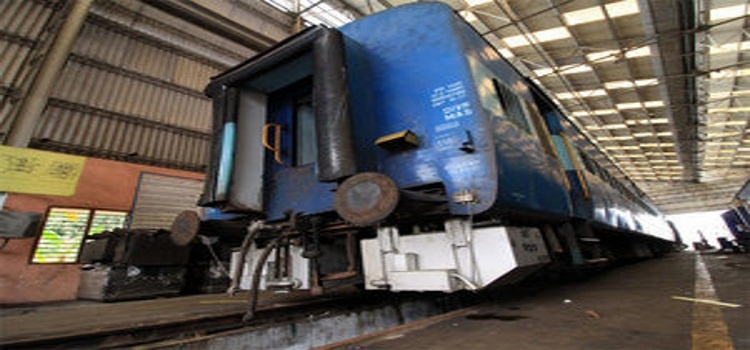
A new kind of toilet using bacteria to break down human excreta has been deployed in Indian trains over four years to 2017, at a cost of Rs 1,305 crore, but this toilet is no better than a septic tank, the Indian Institute of Technology-Madras (IIT-M) has concluded after a two-year long study.
As many as 93,537 “bio-digesters” — as the toilets are called –have been installed in mainline express and mail trains by the Indian Railways. These are small-scale sewage-treatment systems beneath the toilet seat: Bacteria in a compost chamber digests human excreta, leaving behind water and methane. Only the water, disinfected later, is let out on the tracks.
However, sanitation experts and various studies — including those commissioned by the railways — have pointed out that most of the new “bio-toilets” are ineffective or ill maintained and the water discharged is no better than raw sewage.
“Our tests have found that the organic matter (human waste) collecting in the bio-digesters do not undergo any kind of treatment,” IIT professor Ligy Philip, who headed the latest study, told IndiaSpend. “Like in the septic tanks, these bio-digesters accumulate slush (human excreta mixed with water).”
The IIT-M study was sponsored by the Bill and Melinda Gates Foundation and submitted last week to the Union Ministry of Urban Affairs.
